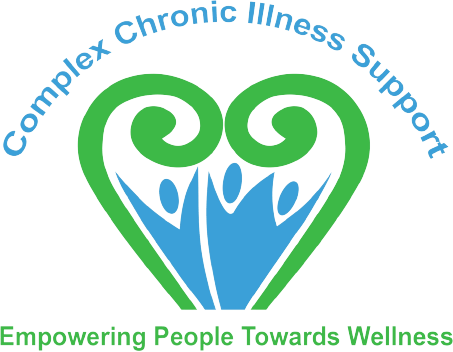Inspiratory muscle training improves autonomic function in myalgic encephalomyelitis/chronic fatigue syndrome and post-acute sequelae of SARS-CoV-2: A pilot study – by Heather Edgell et al. (2025).
Edgell, H., Pereira, T. J., Kerr, K., Bray, R., Tabassum, F., Sergio, L., & Badhwar, S. (2025). Inspiratory muscle training improves autonomic function in myalgic encephalomyelitis/chronic fatigue syndrome and post-acute sequelae of SARS-CoV-2: A pilot study. Respiratory Physiology & Neurobiology, 331, 104360.
The pilot study by Dr. Heather Edgell explored the impact of inspiratory muscle training (IMT) on autonomic function in individuals with ME/CFS and long COVID. The study included 33 participants: 12 healthy controls, 9 with PASC, and 12 with mild to moderate ME/CFS. Over eight weeks, participants engaged in a supervised Inspiratory Muscle Training (IMT) program using a handheld device that created resistance during inhalation, strengthening the diaphragm and inspiratory muscles.
Study Design:
1. Baseline Measurements: Participants underwent initial assessments, including inspiratory muscle strength, autonomic function (measured through heart rate variability and vascular function), and exercise capacity (evaluated using a six-minute walk test). Symptom severity, such as pain and sleep disturbances, was also recorded.
2. Intervention: Participants performed IMT twice daily for eight weeks. The device was set to a resistance level equivalent to 30% of their maximum inspiratory pressure, progressively increased to challenge the muscles.
3. Post-Intervention Testing: After completing the IMT program, the same measures were reassessed to evaluate changes in autonomic function, physical capacity, and symptom severity.
Key Findings:
· Inspiratory Muscle Strength: All groups showed significant improvement in inspiratory muscle strength.
· Exercise Capacity: Participants increased their six-minute walk distances, indicating better functional mobility.
· Autonomic Function: Resting heart rate and heart rate variability improved, reflecting enhanced autonomic regulation.
· Symptom Relief: The ME/CFS group experienced notable reductions in autonomic symptoms (e.g., improved vascular and secretomotor function), pain, and sleep-related issues.
For people with ME/CFS and Long COVID, IMT offers a safe, non-invasive intervention that can be performed at home with minimal equipment. The study suggests that regular IMT not only strengthens respiratory muscles but also mitigates some of the most challenging symptoms associated with these conditions, such as fatigue, pain, and autonomic dysfunction. This could provide a valuable tool for symptom management and improve day-to-day functioning for individuals living with these chronic illnesses.
